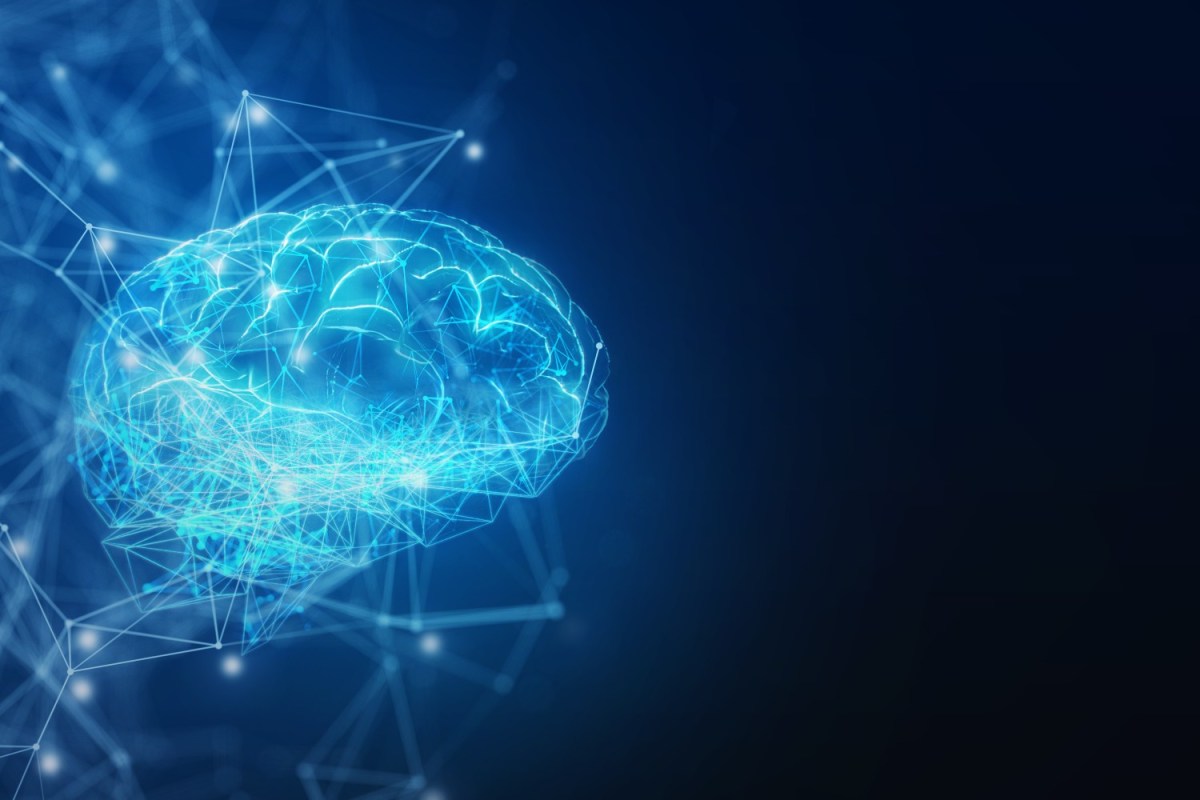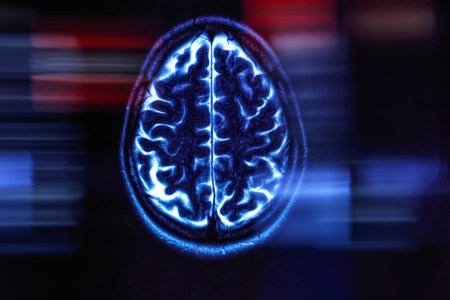For health care professionals and lay people alike, identifying levels of risk for Alzheimer’s Disease can be critically important. Earlier this year, Reuters’s Julie Steenhuysen explored the ups and downs of an at-home genetic test for the condition, noting that more people now have the ability to identify a gene that puts them at higher risk for Alzheimer’s — but also that support for those people in their next steps has proven more challenging.
Is there an additional way to predict and detect someone’s likeliness of developing Alzheimer’s? As Max Kozlov writes in a new article for Nature, scientists have begun using AI and machine learning to analyze medical data on a grand scale, with promising results.
The efforts, Kozlov writes, have taken a few forms — including reviewing genetic profiles and brain scans to gain a sense of what scientists might not have detected on their own, which might lead research in new directions or offer valuable insights as to other aspects of the condition.
Alzheimer’s Disease isn’t the only medical condition that scientists have found AI and machine learning to be helpful in their analysis. Earlier this year, the American Journal of Managed Care published a report on scientists using machine learning to detect diseases via recordings of coughing. Stanford HAI, meanwhile, chronicled the development of a model for analyzing biobanks to better identify diseases.
FDA Advisory Committee Indicates Support for Alzheimer’s Drug Leqembi
This follows an FDA ruling from earlier this yearSome of the scientists covered in the Nature article see applications for this technology over and above the scope of fighting Alzheimer’s — and it’s encouraging to imagine what other developments might be possible in the coming years.
Whether you’re looking to get into shape, or just get out of a funk, The Charge has got you covered. Sign up for our new wellness newsletter today.



















